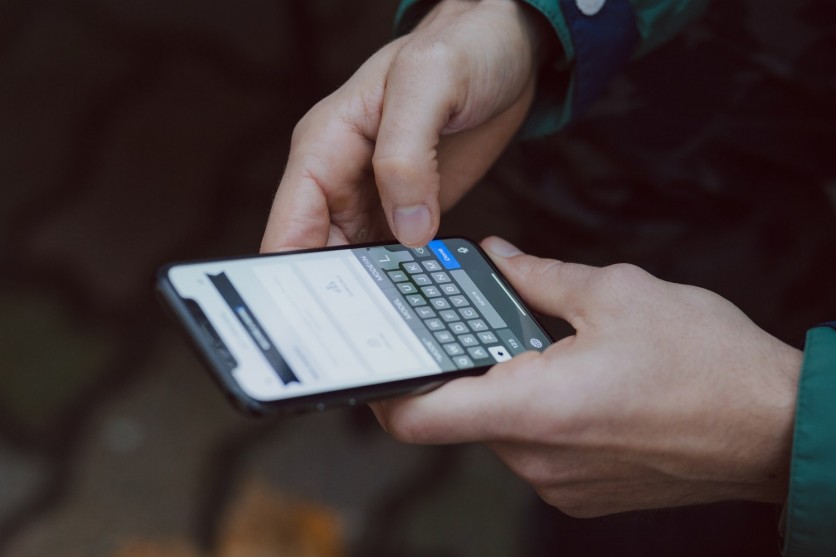
An iMessage may be converted into a voice note and then played back using a custom voice that the receiver's phone has generated using samples of the original sender's voice. This is the tech described in a recent patent application from Apple, as reported by Apple Insider.
New Patent
Apple customers can already send audio recordings via iMessage or have Siri read text messages back to them. Yet, this new patent offers a technique to have the device read the text message in the sender's voice instead of Siri's using a voice file.
Specifically, the speech model is sent to a second electronic device, as stated in the patent. One example is a message received from a second electronic device user.
Qiong Hi, Jiangchuan Li, and David A. Winarsky came up with the idea that became the basis for the patent. Li is a senior Siri software engineer for machine learning at Apple, while Hu is a former Apple employee who worked on Siri. Winarsky is the director of text-to-speech technologies.
How will it work?
A user may send an iMessage with an attached voice recording that will remain on the device. In such a case, the recipient will be given the option of getting either the message or the audio recording.
"In response to receiving the message, a voice model of the respective user is received ... Based on the voice model, an audio output corresponding to the received message is provided," the patent reads.
A Siri-like profile of the sender's voice would then be created, and the recipient's iPhone would use that profile to mimic the sender's voice when reading that message and any future messages from that sender. It is possible that the voice-simulation model may be distributed separately, allowing the recipient's contacts to get it and try it out before they get any messages.
Instead of hearing Siri's voice when it reads messages, it would provide a more personalized experience for friends and family who contact one other. Apple put a lot of thought and care into adding that personal touch.
Also Read : Apple RCS: Not Yet Changing iMessage Features Despite EU Law for Universal Messaging System
Apple's Patents
With Apple's recent efforts in the fields of artificial intelligence (AI) and speech recognition, the idea is plausible. In iOS 11, Apple, for instance, replaced voice actors' recordings with a text-to-speech algorithm based on machine learning for Siri.
In 2020, Apple bought the business Voysis, whose main focus was enhancing virtual assistants' utilization of natural language processing. WaveNet, developed by Google's DeepMind initiative, was used.
Using what is called "deep generative models of raw audio waveforms," WaveNets may be trained to create a speech that accurately imitates any human voice.
Apple has also begun using AI narration for some audiobook genres in place of human narrators. That Apple gadgets may one day be trained to recognize spoken communications is highly probable, according to the patent.

ⓒ 2025 TECHTIMES.com All rights reserved. Do not reproduce without permission.




